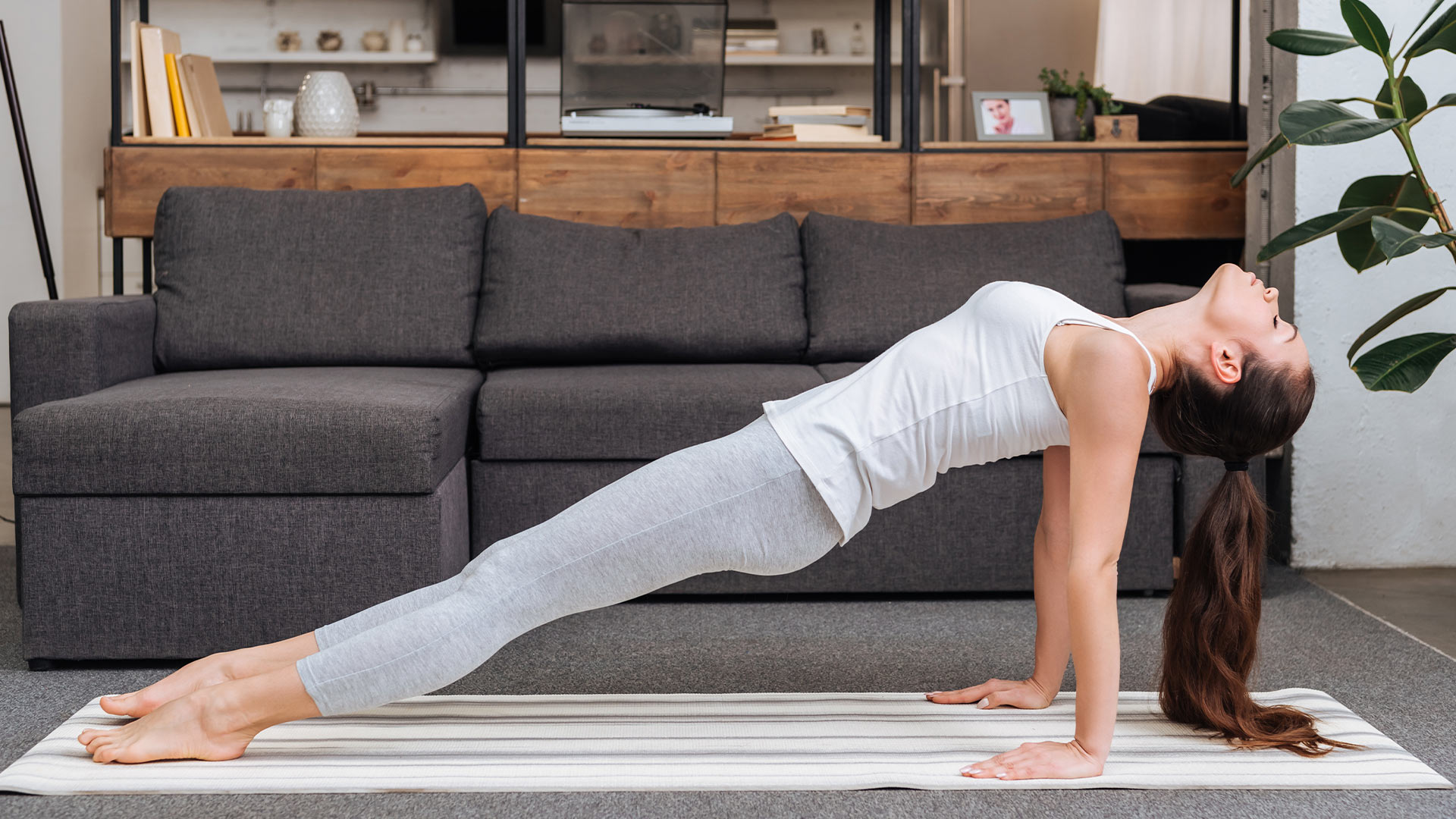The 5-Minute Rule That Can Jumpstart Your Fitness Journey

If you've ever said, “I’ll start tomorrow,” or “I just don’t have time,” you're not alone. The hardest part of any fitness journey isn’t the workout—it’s starting. That’s where the 5-minute rule comes in. Simple, powerful, and rooted in behavioral psychology, this trick can be the key to building consistency and confidence without overwhelming yourself.
This article breaks down the 5-minute rule, why it works, and how you can use it to break inertia and finally get moving—literally.
What Is the 5-Minute Rule?
The 5-minute rule is exactly what it sounds like:
Commit to doing just 5 minutes of exercise. That’s it.
- No need to complete a full workout
- No pressure to sweat buckets
- No requirement to feel “ready”
Just move your body for 5 minutes. You can stop after that. But more often than not, you won’t want to.
Why 5 Minutes?
1. It Lowers the Barrier to Entry
Starting a 45-minute workout feels hard. Starting a 5-minute one? Doable.
When something feels too big, our brains treat it like a threat. We procrastinate, negotiate, or avoid. But 5 minutes feels manageable—even if we’re tired, stressed, or unmotivated.
2. It Builds the Habit Loop
Habits form through a simple loop:
- Cue → You put on your shoes
- Routine → You move for 5 minutes
- Reward → You feel better afterward
Over time, your brain learns: “When I lace up, good things happen.”
3. It Usually Turns Into More
Once you start moving, momentum kicks in. You’re already dressed, you’re already sweating a little—why not keep going?
But even if you don’t go longer, you still win. You honored your commitment.
What Counts as a 5-Minute Workout?
Here’s the beauty: anything that gets your body moving counts. Examples:
- 5 minutes of brisk walking
- 5-minute yoga flow
- 1 round of a bodyweight circuit (squats, push-ups, lunges)
- Dance to 1–2 songs
- Jump rope in your driveway
- Follow a 5-minute YouTube fitness video
If you want structure, try this simple circuit:
5-Minute Full-Body Quick Start
- 30 sec jumping jacks
- 30 sec bodyweight squats
- 30 sec high knees
- 30 sec push-ups (or incline)
- 30 sec lunges
- 30 sec mountain climbers
- 30 sec plank
- 30 sec glute bridges
- 30 sec rest/stretch
- 30 sec freestyle dance
When to Use the 5-Minute Rule
1. When You’re Too Tired
Commit to 5 minutes. Often, fatigue is mental more than physical. Moving a little can give you a second wind.
2. When You’re Starting a New Routine
Don’t aim for perfection. Aim for consistency. Start small and stack wins.
3. On “Off” Days
Even active recovery days benefit from light movement. Use 5 minutes to stretch, flow, or walk.
4. When Motivation Is Low
Motivation isn’t reliable. Action breeds motivation—not the other way around. The 5-minute rule flips the script.
How to Make the 5-Minute Rule Stick
Set a Trigger
Anchor it to an existing routine:
- Right after waking up
- After brushing your teeth
- Before your morning coffee
- After lunch
Consistency beats intensity.
Use a Timer
Set a countdown for 5 minutes. No guesswork. No excuses. Just move until the buzzer goes off.
Keep It Visible
Put a sticky note on your bathroom mirror:
“Just 5 minutes.”
Set a daily phone reminder or write it on a habit tracker. The visual cue matters.
Reward Yourself
After completing your 5 minutes, acknowledge it:
- Say “Nice work” out loud
- Check it off a calendar
- Log it in an app
- Treat yourself to a post-workout stretch or favorite tea
Positive reinforcement helps the habit stick.
Scaling Up: What Happens After 5 Minutes Becomes Easy?
The magic of this method is that it’s designed to evolve with you. Once 5 minutes feels automatic:
- Increase to 10 minutes
- Add 5-minute blocks throughout the day
- Use 5 minutes to kick off longer sessions
But here’s the secret: You don’t have to scale it to feel successful. Doing 5 minutes regularly will still improve your mood, mobility, and mindset.
Real-Life Stories
“I started doing just 5 minutes of yoga after work. Within two weeks, I looked forward to it. Now I do 20 minutes daily—but it started small.” — Dan, 38
“I used to skip workouts if I couldn’t do a full hour. Now I tell myself, ‘Just 5 minutes.’ Sometimes that’s all I do. Other times I end up walking 3 miles.” — Grace, 52
“I began with 5 minutes of dancing every morning to my favorite song. It got me smiling again.” — Jaya, 27
When the 5-Minute Rule Feels Too Easy
That’s when you know it’s working. It’s become a habit—and now you get to choose how to expand it.
Try:
- Adding a second 5-minute session in the evening
- Building a weekly challenge (e.g., “5 for 5” — 5 minutes, 5 days)
- Using it to launch more structured workouts
But never forget—doing just 5 is always enough.
Final Words
The 5-minute rule is proof that small steps lead to big changes. You don’t need a gym, a plan, or a perfect schedule. You just need a moment of motion.
So the next time you feel stuck, overwhelmed, or unmotivated, ask yourself:
“Can I move for 5 minutes?”
The answer is almost always yes. And that yes might just change everything.
